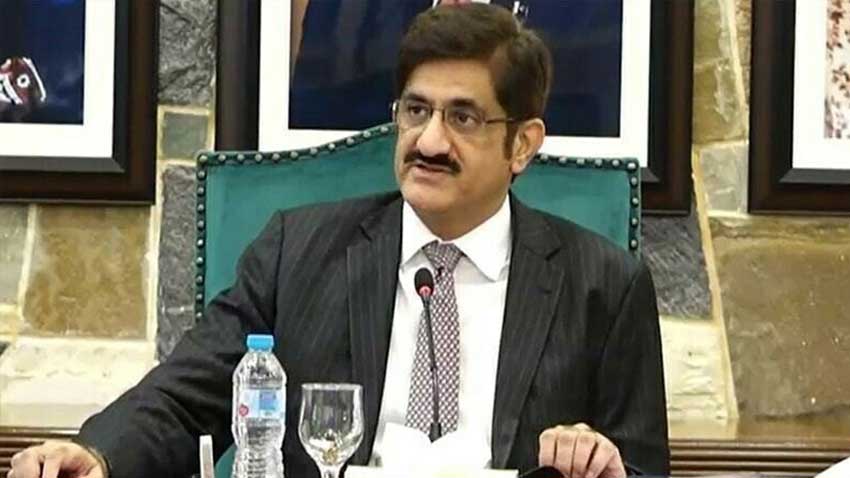
Speaking to media in his hometown Wahur, the CM claimed that the upcoming Sindh budget will bring much-needed relief to the salaried class. But is it just another political promise or a real game-changer?
Murad Ali Shah revealed that the federal budget is set to be announced on June 10, while the Sindh budget will be presented on June 13. He admitted inflation has hit the public hard and said the provincial government is planning salary relief. However, the exact increase in salaries will only be decided once final figures are received from the federal government.
Read more: IMF surprises Pakistan: Will salaried class get tax relief in budget 2024-25?
He also hinted that the federal government is expected to give tax relief to salaried individuals, potentially reducing the burden on millions of middle-income earners.
But the CM didn’t stop there.
Following the instructions of PPP Chairman Bilawal Bhutto Zardari, Murad Ali Shah announced that the Sindh government is focusing on two key areas in the upcoming budget: providing clean drinking water and promoting solar energy.
On the topic of flood rehabilitation, he said out of 2.1 million houses being built for flood victims in Sindh, 1 million have already been completed — a major milestone. Work on the remaining houses is still underway.
Reacting to Pakistan Tehreek-e-Insaf’s (PTI) post-Eid protest plans, Murad dismissed them as ineffective. “They have protested before, and they’ll do it again. But instead of protesting, PTI should focus on strengthening their legal cases in court,” he said, suggesting that real political strength lies in legal preparedness, not street agitation.
He criticized PTI’s strategy of launching a movement just because one leader is in jail. “Movements should be about public issues. The people of this country have real problems, and unless political efforts focus on those, they will not succeed,” he added.
Murad also slammed the electricity distribution companies HESCO, SEPCO, and K-Electric, calling them complete failures. He particularly criticized SEPCO, saying it has collapsed entirely, and that some areas of Sindh are suffering up to 18 hours of load shedding daily.
He revealed that talks are underway with the federal government to possibly hand over the power companies to public-private partnerships, as the current situation is unsustainable.
CM Murad Ali Shah’s statements come at a politically sensitive time. With elections looming and economic pressure rising, his promises of salary relief, clean water, and solar energy sound good — but lack hard numbers. The announcement of building 2.1 million homes for flood victims and completing nearly half could be a major achievement, but again, independent verification is key.
Meanwhile, his strong words against PTI and power companies show political posturing, but also highlight real frustrations on the ground. Load shedding and inflation are daily concerns for Sindh’s citizens, and the success of this budget will largely be judged by how directly it addresses those pain points.
The question remains: Will this budget truly bring change, or will it just bring headlines?

